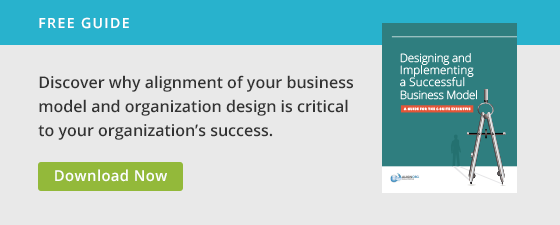March 23, 2016
Human resource (HR) leaders are uniquely positioned within their organizations to play a significant role in change management. Traditionally, they have been workplace policy enforcers, employee liaisons, and corporate communicators. However, the evolving corporate climate–and the influence of technology and workplace analytics–have reshaped the HR function. It warrants a different kind of HR leader–the change management partner.
The change management partner must look beyond statistics and organization charts to facilitate transformation and meet business needs. While traditional HR activities can offer valuable support to boost the bottom line and enhance competitiveness–on its own–support activities don’t change the behaviors that will drive different business performance. A mind shift and commitment to change are required. Organizations need to be attuned to employees’ capabilities and know how to channel their talents to affect positive change. But this means someone has to be in a position to ask the right questions of their leaders so that organization choices can be adjusted to drive optimal behaviors.
Affecting Transformation as a Change Agent
Today’s fast-paced business environment demands a different kind of HR executives: ones who can facilitate organization change.
In this role, HR leaders can support their business leaders in less traditional ways. They can ask leaders the important, but tough questions that will help them better assess their organizations’ people and capabilities. In doing so, HR can influence and help restructure how their organizations:

- attract and keep employees,
- develop a passionate, engaged culture,
- foster internal and external relationships critical to success, and ultimately
- compete more effectively in the marketplace.
- implement critical and beneficial change practices,
- validate behavioral changes, and
- correct those behaviors that haven’t changed.






